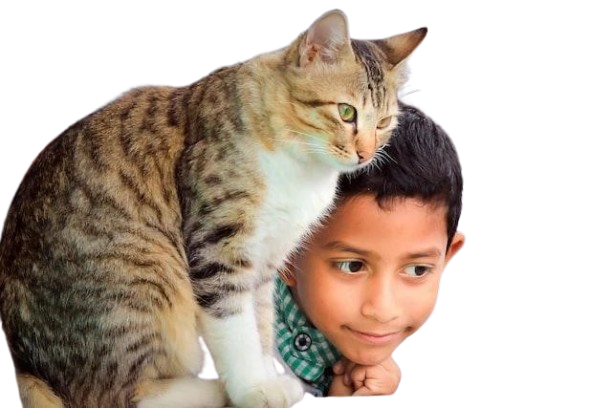Eating, sleeping, playing, what a life! How could my pet have anxiety? Although anxiety is becoming a more mainstream discussion in the human world, many pet parents do not realize pets may be anxious as well. Although their life seems pampered to their owners, anxiety can creep in for several reasons. Common symptoms of pet anxiety include passing stool or urine where they should not, chewing/pulling out hair, destruction of household items, distressed barking/meowing/whining, changes in appetite, drooling, panting, or hiding. Common reasons for pet anxiety include feeling trapped, unable to get away from a stressor in the house, wanting to get to something outside, fear or anger from noises and events outside the house. Boredom can also cause destructive behavior as well.
Many American dog owners report their dog has separation anxiety. These dogs, when left alone often vocalize, destroy property or urinate and defecate in the house. Dogs pegged with separation anxiety are assumed to exhibit these behaviors due to the stress from the owner’s absence. Although anxiety over being left alone may trigger the behaviors, stressors outside the house and boredom may contribute to the continuation of their stress behaviors. Cats and dogs may also feel trapped if they do not have a quiet place of their own to retreat too. There should be a litterbox, a bed, a scratching post, food bowl and water bowl for each cat in the household. The cat should be able to access these resources without interference from another cat, a dog or children. A dog should be able to retreat to his kennel or bed without being pestered by another pet or children. They should not be intimidated when accessing their food or water.
Things outside of the home can also cause anxiety. Cats are often very stressed when they view other cats outside the window. Pets can also be stressed when they view prey animals, like rabbits, squirrels or birds, but cannot get to them. Events outside the house may cause anxiety too. Road construction, increased activity outside the home may cause anxiety. Loud noises, such as thunderstorms or fireworks are notorious for causing pet anxiety.
Boredom often causes similar symptoms to anxiety. Without an outlet for their energy pets may be destructive to themselves or their owner’s home. Before bringing a pet home, know how much exercise a pet will need. Providing adequate stimulation is just as necessary as picking the correct pet food.
It is also important for owners to realize that very young or very old dogs may struggle while their owners are away. While these pets may benefit from nutraceutical or pharmaceutical treatment they may not necessarily be anxious. There are important developmental and physiological factors to realize with the very young and very old.
Puppies are very likely to chew and get into household items that can be dangerous to them. Young dogs must be in a crate when they cannot be watched. They should be given grace when it comes to urine and stool accidents in the house. It takes months of consistent work to solidify house training. Generally, a puppy can only hold its bladder for an hour for every month it is old.
Older dogs can develop dementia, just like older humans. They may forget the rules of the house they once knew. They may vocalize due to frustration or confusion. They may lose control of their ability to hold urine and stool, or their arthritis may inhibit their ability to get up and to the door fast enough.
If your pet is exhibiting any of the signs of anxiety please call us today. Dr. Janelle will provide a comprehensive exam to rule out any physical issues that may be causing the behaviors. Pets of any age may develop urinary tract infection or have intestinal inflammation. If your previously house-trained pet is urinating or defecating in the house a trip to your veterinarian is warranted. After ruling out medical issues, your pet’s environmental needs will be addressed. A healthy, happy pet is just like a healthy, happy human. Physical and environmental needs must both be met for complete health.
